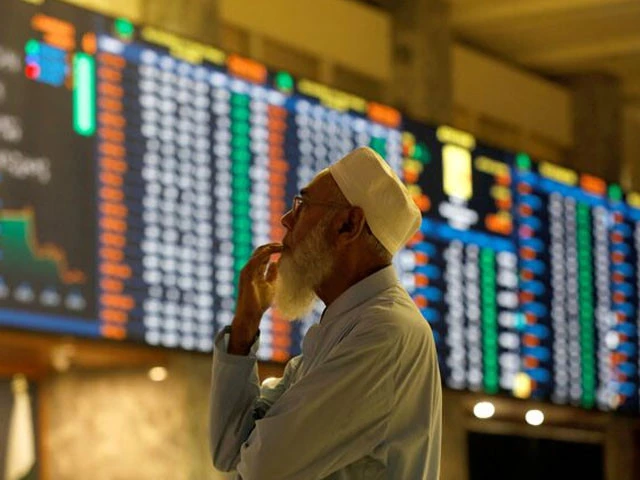Implications of high real rate and primary surplus
With high interest rate and surplus, income-GDP growth falls, tax collection shrinks while taxes are increased

Since financial capital is built through tight monetary and fiscal policies where real interest rate is kept high along with primary budget surplus, let us see how high real interest rate and primary surplus affect the real economy.
High real interest on government debt encourages business firms to buy financial assets. Business firms either invest in treasury securities or equities. Instead of production, these business firms engage in financial activities. Many large business firms have invested their idle capital either in the Pakistan Stock Exchange (PSX) or government bonds in the last couple of years.
High real interest rate reduces investment in capital goods and necessary raw materials which, in turn, scales down production. This reduction in production creates supply shortages as demand for goods and services remain intact.
Along with supply shortages, high real interest rate increases the cost of borrowing for firms. This high cost of borrowing fuels cost-push inflation if the central bank adopts inflation targeting. An inflation-targeting central bank does not accommodate the money demand requirements of business firms which, in turn, accelerate the rate of price increase.
High real interest rate encourages banks to invest in risk-free government bills and bonds. This has been happening in Pakistan since 2008. Banks have already parked trillions of rupees in these government securities. They have reduced lending to business firms as they expect high lending margins owing to the risk involved.
Banks have been treading a safe path and looking for guaranteed returns. They are reluctant to introduce risky products for business firms. Hence, they could not transform savings into investments, ie, perform the function of financial intermediation at the desired level.
Primary surplus is achieved through tight fiscal policy. Fiscal tightening means reduction in expenditure and enhancement in tax revenue. Tight fiscal policy results in low income/GDP, which would lower the tax revenue.
In addition, the lower income/GDP affects sales of business firms which, in turn, reduce the rate of capacity utilisation. That is the reason capacity utilisation has been low in the formal manufacturing sub-sector in the last couple of years.
Since lower sales affect the rate of capacity utilisation, business firms would not be in a position to invest and expand. Hence, investment would fall as it is a volatile component of GDP. Business firms could operate and expand where profits are either stable or increase.
When domestic firms experience either losses or dip in profits, they curtail their operations. This curtailment signals to foreign investors that the place is not suitable for investment.
The country experienced the peak in foreign direct investment (FDI) in 2008. Since then, the level of FDI has been low in Pakistan. The only exception remained the power sector where guaranteed returns entice foreigners to invest and get stable dollar returns.
For instance, Yamaha motorcycles did re-invest $150 million in 2015 and manufactured bikes for a segment of the population. Recently, it announced the closure of its operations owing to declining sales and escalating production costs.
In short, high real interest rate and primary surplus lower the income/GDP growth rate. Therefore, tax collection also reduces. Since most of the tax collection is through indirect means, the government has to increase the rate. In addition, it has to resort to new taxes under the programmes of the International Monetary Fund.
These developments do not bode well for domestic as well as foreign investments, which make the financial position of the country fragile. This also creates the environment more challenging for industrial capitalists.
The writer is an independent economist and authored a book: Pakistan's Structural Economic Problems in the era of Financial Globalisation





















COMMENTS
Comments are moderated and generally will be posted if they are on-topic and not abusive.
For more information, please see our Comments FAQ